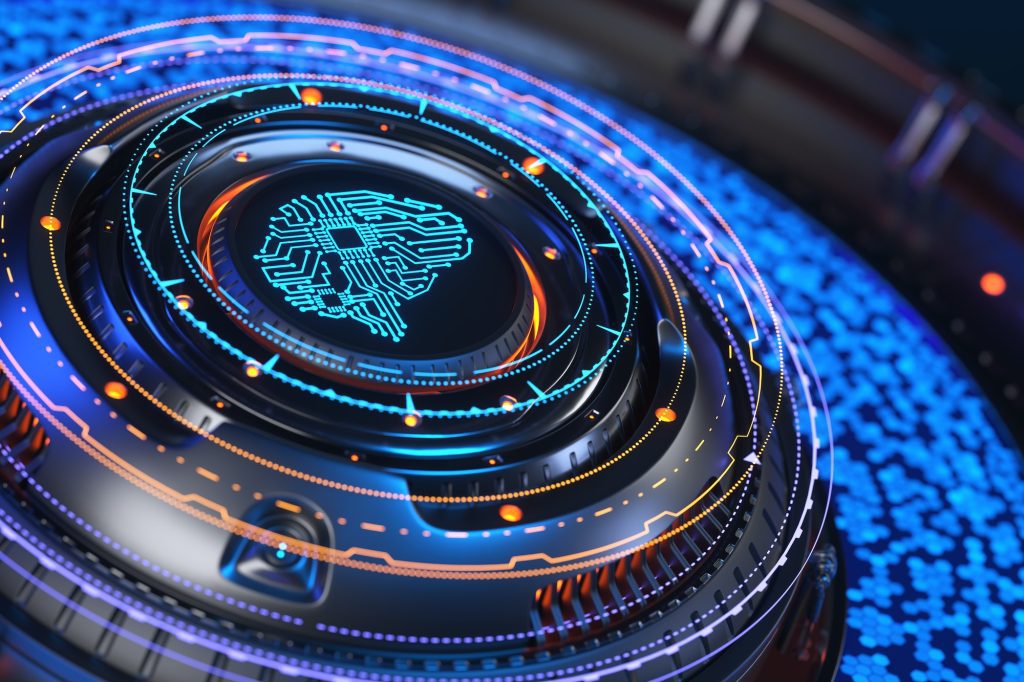China’s concerned about the power of generative AI
China’s Cypberspace Administration has expressed concerns about the potential disruption on society and internet governance caused by generative AI.

The director of the Cyberspace Administration of China (CAC), Zhuang Rongwen, has expressed concerns about the potential disruption caused by generative AI. Zhuang stated that generative AI has the potential to impact all aspects of society and daily life, presenting new challenges for internet governance. He emphasised the importance of ensuring that AI is both reliable and controllable.
The CAC has not yet granted any official permits or licenses for generative AI products in China’s market of 1 billion internet users, although China’s Big Tech firms (like the search engine Baidu and Alibaba Group Holding) are introducing ChatGPT-style services on a trial basis. The CAC has released a list of 41 registered generative AI algorithms, which must pass a pre-screening process before being officially licensed. All generative AI algorithms and products are subject to security testing and review by the CAC prior to public release.
Beijing has expressed specific concerns regarding the data utilised in generative AI, the lack of transparency in large language models, and privacy issues. This became apparent when ChatGPT, developed with support from Microsoft-backed OpenAI, was introduced in the autumn of 2022. However, the popularity of ChatGPT has posed a dilemma for Beijing, as it strives to balance its view of AI as a promising technology with its objective of preventing the dissemination of undesirable content.
Zhuang also advocated for the integration of AI into the real economy to improve traditional industry operations and called for increased international cooperation in AI research and development, talent cultivation, and collaboration among local enterprises, high schools, and research institutions.
